Table of content
Chinese cabbage, also known as Napa cabbage, is a leafy vegetable celebrated for its crisp texture, mild flavor, and remarkable versatility. Whether you’re a seasoned home cook or a busy parent looking for quick meals, this humble ingredient can transform into a star dish with minimal effort. In this comprehensive guide, we’ll explore the secrets to preparing Chinese cabbage that’s both delicious and simple, ensuring every bite bursts with flavor and nutrition.
Understanding Chinese Cabbage: A Brief Introduction
Chinese cabbage (Brassica rapa subsp. pekinensis) is a staple in Asian cuisines, prized for its tender leaves and crunchy white stems. Unlike its round, green counterpart, this cabbage has an elongated shape with pale green to yellowish leaves. Its mild, slightly sweet taste makes it a perfect canvas for absorbing flavors, while its high water content ensures a refreshing crunch in every bite.
Nutritionally, Chinese cabbage is a powerhouse. Rich in vitamins C and K, fiber, and antioxidants, it supports immune health, digestion, and bone strength. Its low-calorie profile also makes it ideal for weight-conscious diets. Best of all, it’s affordable and available year-round, making it a pantry essential.
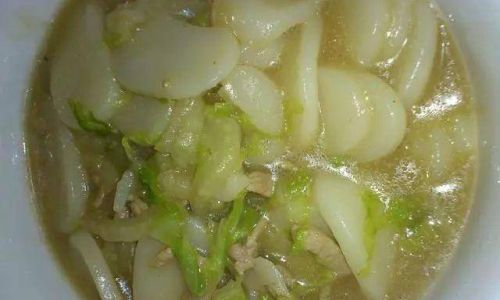
Selecting and Storing Chinese Cabbage
Before cooking, selecting fresh cabbage is key. Look for heads with firm, tightly packed leaves and crisp stems. Avoid those with wilted leaves, brown spots, or a strong odor, as these indicate spoilage.
Storage Tips:
- Unwashed: Store in the refrigerator’s crisper drawer for up to two weeks.
- Washed: Pat dry and wrap in paper towels to absorb excess moisture, then place in a plastic bag. Use within a week.
Preparation Basics: Washing and Cutting
Proper preparation ensures even cooking and maximizes flavor.
-
Washing:
- Rinse the cabbage under cold water, gently separating the leaves to remove dirt.
- For stubborn grit, soak in a bowl of water for 5–10 minutes.
-
Cutting:
- Shredding: Slice the cabbage lengthwise into thin strips for stir-fries or salads.
- Chopping: Cut crosswise into 1-inch pieces for soups or stews.
- Quartering: Halve or quarter the head for stuffed cabbage rolls.
Stir-Fried Chinese Cabbage: A Quick Classic
Stir-frying is the quickest way to unlock the cabbage’s natural sweetness. Here’s how to master it:
Recipe 1: Classic Garlic Stir-Fry
Ingredients:
- 1 medium Chinese cabbage, shredded
- 3 garlic cloves, minced
- 2 tbsp vegetable oil
- 1 tbsp soy sauce
- 1 tsp sesame oil (optional)
- Salt and pepper to taste
Instructions:
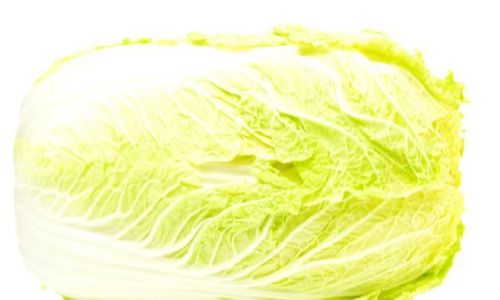
- Heat oil in a wok or large skillet over high heat.
- Add garlic and stir-fry for 30 seconds until fragrant.
- Toss in the cabbage and stir-fry for 3–4 minutes until slightly wilted.
- Drizzle with soy sauce and sesame oil. Season with salt and pepper.
- Serve hot as a side dish or over rice.
Variations:
- Spicy Twist: Add 1 tsp chili flakes or fresh bird’s-eye chili.
- Umami Boost: Sprinkle with a pinch of MSG or mushroom seasoning.
Recipe 2: Sichuan-Style Spicy Cabbage
For heat lovers, this recipe combines cabbage with bold Sichuan peppercorns.
Ingredients:
- 1 Chinese cabbage, chopped
- 2 tbsp peanut oil
- 1 tbsp Sichuan peppercorns
- 3 dried red chilies
- 1 tbsp black vinegar
- 1 tsp sugar
- 1 tbsp light soy sauce
Instructions:
- Heat oil in a wok. Add peppercorns and chilies; stir-fry for 1 minute.
- Add cabbage and stir-fry until tender (4–5 minutes).
- Stir in vinegar, sugar, and soy sauce. Toss to coat.
- Serve with steamed rice or noodles.
Soups and Stews: Comfort in a Bowl
Chinese cabbage shines in broths, adding body and flavor.
Recipe 3: Clear Cabbage and Tofu Soup
A light, nourishing soup perfect for any season.
Ingredients:
- 4 cups vegetable or chicken broth
- 2 cups Chinese cabbage, shredded
- 1 cup firm tofu, cubed
- 1 tbsp ginger, minced
- 1 tbsp soy sauce
- 2 green onions, sliced
Instructions:
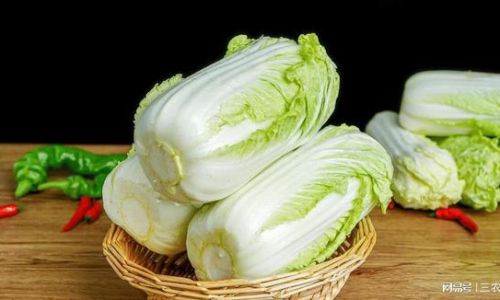
- Bring broth to a simmer in a pot. Add ginger and soy sauce.
- Gently add tofu and cabbage. Simmer for 5–7 minutes.
- Ladle into bowls, garnish with green onions, and serve.
Variations:
- Protein Boost: Add cooked shrimp or sliced chicken.
- Mushroom Addition: Toss in enoki or shiitake mushrooms.
Recipe 4: Hearty Pork and Cabbage Stew
For colder days, this stew warms the soul.
Ingredients:
- 1 lb pork shoulder, cubed
- 4 cups Chinese cabbage, chopped
- 1 onion, diced
- 3 garlic cloves, minced
- 4 cups beef broth
- 2 tbsp tomato paste
- 1 tbsp paprika
- 2 carrots, sliced
Instructions:
- Brown pork in a pot. Set aside.
- Sauté onion and garlic until soft. Return pork to the pot.
- Stir in tomato paste and paprika. Add broth, carrots, and cabbage.
- Simmer for 1.5–2 hours until pork is tender.
- Serve with crusty bread.
Fermented and Pickled: Tangy Delights
Fermentation elevates cabbage into probiotic-rich dishes like kimchi, but here’s a quicker alternative.
Recipe 5: Quick Pickled Chinese Cabbage
Ingredients:
- 4 cups shredded cabbage
- 1 cup rice vinegar
- 1/4 cup sugar
- 1 tbsp salt
- 1 tsp red pepper flakes (optional)
Instructions:
- Dissolve sugar and salt in vinegar. Add pepper flakes.
- Pack cabbage into a jar and pour the brine over.
- Refrigerate for at least 2 hours before serving.
Uses:
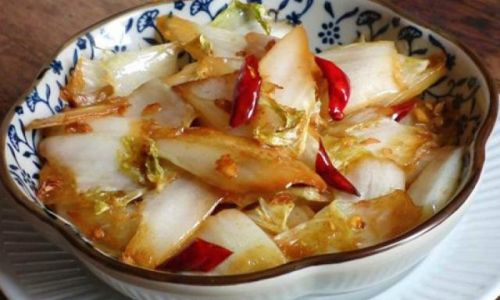
- Top tacos, sandwiches, or grain bowls.
- Serve as a side with grilled meats.
Braising and Steaming: Gentle Cooking Methods
Braising mellows the cabbage’s crunch into tender perfection, while steaming preserves its nutrients.
Recipe 6: Braised Chinese Cabbage with Ginger
Ingredients:
- 1 Chinese cabbage, quartered
- 2 tbsp vegetable oil
- 2 tbsp ginger, julienned
- 1/4 cup soy sauce
- 1/4 cup water
- 1 tbsp honey
Instructions:
- Heat oil in a skillet. Sauté ginger until golden.
- Add cabbage and sear for 2 minutes per side.
- Mix soy sauce, water, and honey. Pour over cabbage.
- Cover and simmer for 10–12 minutes until tender.
Recipe 7: Steamed Cabbage with Garlic and Sesame
Ingredients:
- 1 head Chinese cabbage, chopped
- 3 garlic cloves, minced
- 1 tbsp sesame oil
- 1 tbsp soy sauce
- 1 tsp toasted sesame seeds
Instructions:
- Steam cabbage for 5–7 minutes until tender.
- Toss with garlic, sesame oil, and soy sauce.
- Sprinkle with sesame seeds before serving.
Health Benefits: More Than Just a Side Dish
Chinese cabbage isn’t just tasty—it’s a nutritional powerhouse. Here’s why:
- Rich in Vitamins: High in vitamins C and K, essential for immunity and blood clotting.
- Fiber-Packed: Aids digestion and promotes gut health.
- Antioxidant-Rich: Compounds like sulforaphane combat inflammation and oxidative stress.
- Low in Calories: Ideal for weight management.
Troubleshooting Common Issues
Even experienced cooks face hiccups. Here’s how to fix them:
-
Soggy Cabbage:
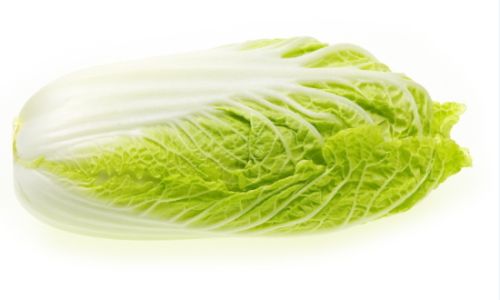
- Solution: Use high heat and avoid overcrowding the pan. Stir-fry in batches if needed.
-
Bitter Taste:
- Solution: Blanch cabbage in boiling water for 1 minute before cooking. Add a pinch of sugar to balance bitterness.
-
Uneven Cooking:
- Solution: Cut cabbage into uniform pieces. For stir-fries, add stems first (they take longer to cook), followed by leaves.
Conclusion: Embrace the Versatility of Chinese Cabbage
Chinese cabbage is a culinary chameleon, adapting to stir-fries, soups, pickles, and more. With minimal effort, you can turn this humble vegetable into a dish that delights the senses. Experiment with flavors, textures, and cuisines—whether you’re craving a spicy Sichuan stir-fry or a comforting bowl of soup, Chinese cabbage has you covered.
So next time you spot this leafy green at the market, grab it with confidence. Your taste buds—and your health—will thank you.
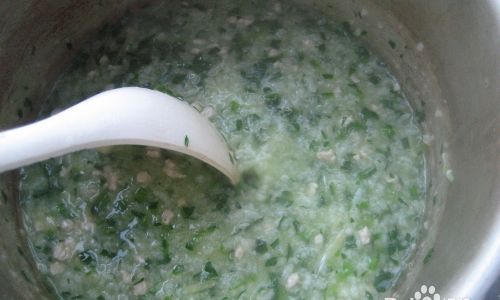
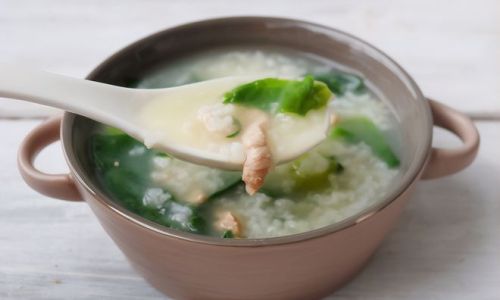
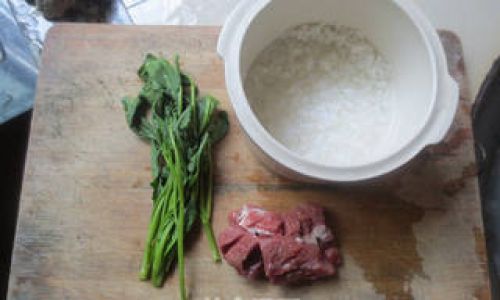

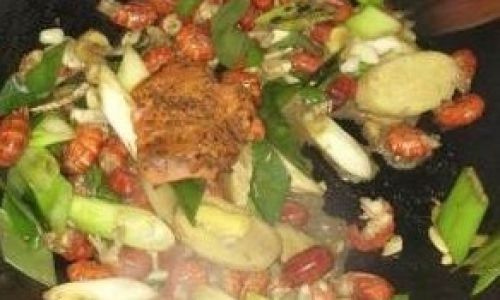
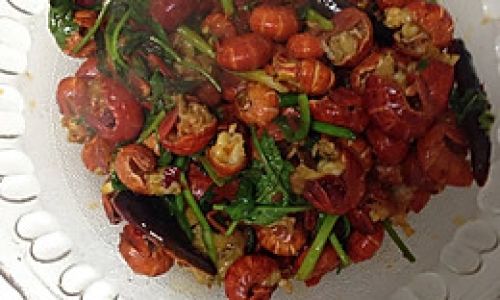
0 comments